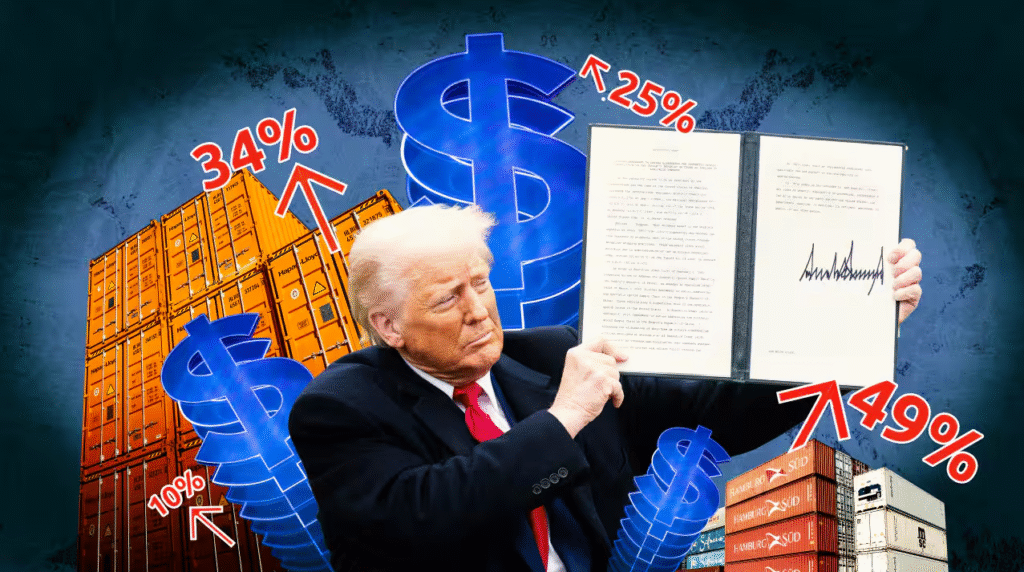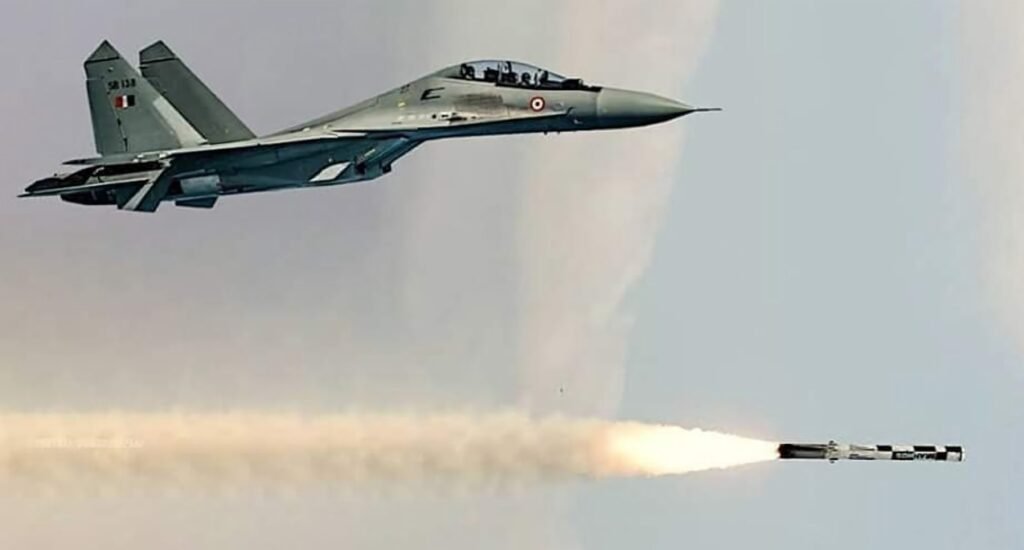Here’s an elaborated article draft with data and quotes for your website:
No McDonald’s, No Coca-Cola: In India, Trump’s Tariffs Ignite Boycott Calls Against American Brands
Tensions between India and the US hit a new high after President Donald Trump imposed a hefty 50% tariff on Indian goods, chiefly targeting imports due to India’s ongoing purchases of Russian oil. This has sparked widespread outrage in India, triggering social media campaigns and public calls to boycott major American brands like McDonald’s, Coca-Cola, Amazon, and Apple.
India’s huge consumer market has long been vital for these global companies. For example, WhatsApp has its largest user base in India, Domino’s runs more outlets here than anywhere else, and American brands Pepsi and Coca-Cola enjoy strong retail presence. Still, the tariffs have stirred political leaders and corporate figures, including supporters of Prime Minister Narendra Modi, to urge consumers to choose “Made in India” products and bolster economic self-reliance.
Groups linked to Modi’s Bharatiya Janata Party, such as the Swadeshi Jagran Manch, actively promote boycotts and circulate lists of homegrown alternatives. Social media hashtags like #BoycottUSA and #BoycottUS reflect growing nationalist enthusiasm to support domestic businesses.
The tariffs threaten several key Indian industries. The gems and jewellery sector—one of India’s biggest export earners, worth over $10 billion annually to the US market—faces major risks. Kirit Bhansali of the Gem & Jewellery Export Promotion Council warned a 50% tariff could bring operations to a halt, imperiling jobs for thousands of workers, especially in centres like Surat, Gujarat, home to about 6000 polishing units employing nearly 800,000 people.
Textile hubs such as Tiruppur, Tamil Nadu, which exports $5.1 billion yarn and knitwear to the US and employs about 1.25 million workers, also face possible job losses of 100,000 to 200,000 due to exports declines triggered by tariffs. Many workers worry about their livelihoods as workshops cut hours and halt hiring.
Economically, India’s exports to the US total around $87 billion, representing nearly 25% of India’s GDP, so the tariffs risk broader disruption. Experts like ex-RBI Governor Raghuram Rajan have called the 50% tariffs “hard to negotiate with a gun to your head,” stressing India’s exports could become unviable, while US firms also face blowback.
Diplomatically, India’s Ministry of External Affairs called the tariff move “extremely unfortunate” and defended India’s right to protect national interests. PM Modi reaffirmed support for Indian farmers, rejecting US pressure to reduce tariffs on farm products or import genetically modified crops.
Despite unclear immediate impact on American companies’ sales, the backlash signals rising nationalist pride for homegrown products and a shift toward self-reliance in a strategically sensitive trade environment. Industry leaders call for India to scale up domestic startups and create global brands, inspired by countries like South Korea.
As the trade tensions continue, the long-term effect on US companies in India—spanning from fast food and beverages to tech giants—remains uncertain. This standoff highlights the delicate balance multinational firms must strike in navigating political currents while tapping into India’s vast consumer market.




